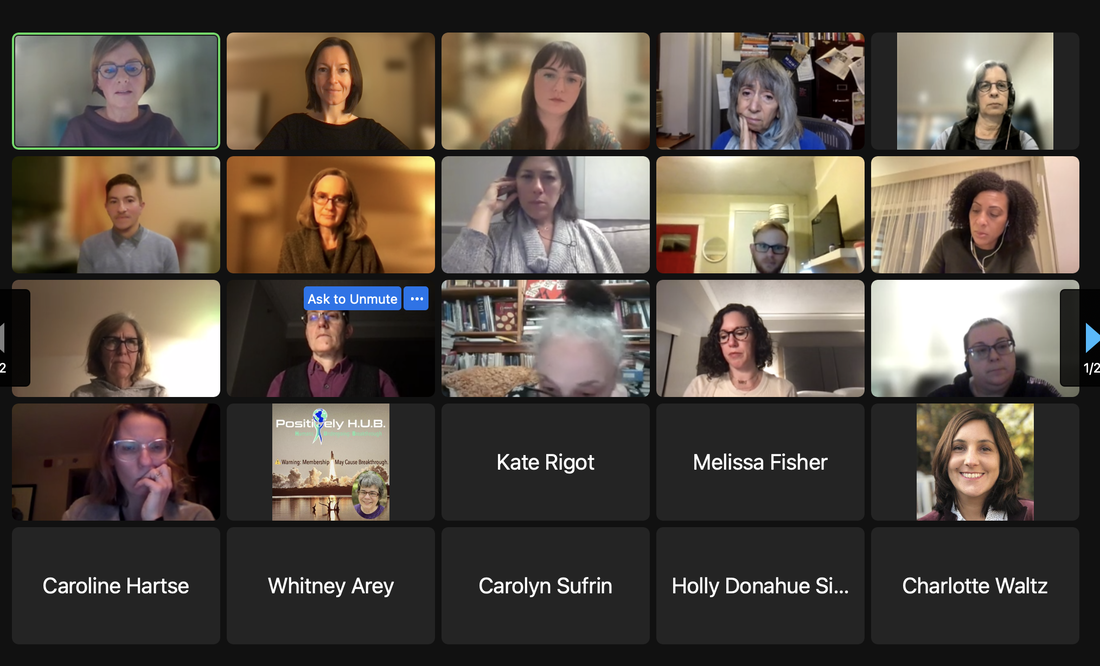|
Putting two late-breaking roundtable sessions together for the AAA meetings was a team effort and huge success. We composed an in-person and a virtual session for discussing abortion. Here's our abstract:
Critical ethnographies of abortion are well-known for unsettling conventional understandings about what abortion means, what abortion politics do, and how people experience abortion in diverse historical, cultural, political, and geographic contexts. Such perspectives are essential for examining the implications of the US Supreme Court’s landmark decision in Dobbs v. Jackson Women’s Health, which overturned nearly 50 years of federally protected abortion rights. The cultural and political history contributing to this reversal of rights, and the responses it provokes, are reverberating around the world and will continue to unfold for years, even generations, to come. At this critical juncture in global history, bringing scholars of abortion into an intergenerational, cross-cultural, and interdisciplinary conversation is a crucial task to understand how we got here and where we might be going in this unsettling landscape. In response to this urgent issue, we propose two complementary roundtables, one in person and one virtual, designed to engage the widest range of participation from panelists and audience members. Panelists will consider the following questions: What role have abortion politics played in advancing and entrenching particular “values,” cultural ideologies (of gender, kinship, personhood, etc.), and forms of power? What do ethnographies of reproductive governance, abortion activism, and reproductive health care reveal about politics, culture, and power? What can anthropological research in US states and nations that criminalize or severely constrain abortion tell us about what to anticipate from the Dobbs decision? What role can anthropologists play in responding to this crisis? Part I, “Rupture and Continuity after Roe,” brings together intergenerational feminist scholars of abortion to consider changes and continuities in the global abortion landscape. Panelists bring a breadth of research experience in U.S. and non-U.S. contexts to the analysis of abortion in relationship to diverse social and political configurations. The roundtable aims to unsettle binary temporal conceptions of pre-and post-Dobbs abortion governance by underscoring the expansion and contraction of abortion rights over the past few decades. This roundtable will convene virtually. Part II, “Working Across Landscapes of Advocacy and Care,” highlights critical ethnographies and policy analyses of abortion across multiple landscapes of activism, rights, and care. Drawing on interdisciplinary expertise in US and non-US contexts, panelists will discuss how their clinical experiences in reproductive healthcare and their research on abortion policies, access for marginalized peoples, and activist movements can inform anthropological contributions to advocacy efforts, locally and globally. This roundtable will convene in person.
0 Comments
Your comment will be posted after it is approved.
Leave a Reply. |
Archives
November 2023
Categories |


 RSS Feed
RSS Feed